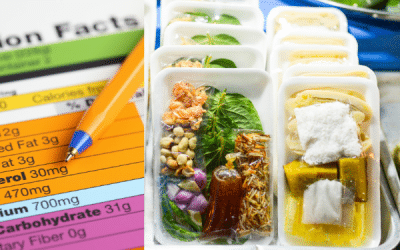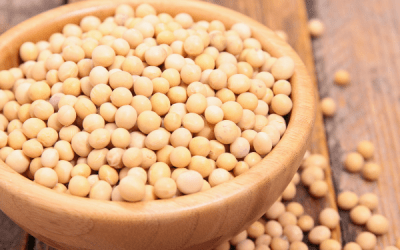How to Detect Ammonia in Our Food?

Reuters had recently published a few investigative articles in which it was revealed that ammonia is being used in many foods, especially common foods like cheese, chocolate (acidity controller) and baked goods (leavening agents). If you are also worried about how bad ammonia is for health, how to detect ammonia in food, and how to reduce the levels of ammonia in your body, then reading on will help.
Related
Decoding Packaged Foods: Empowering Healthier Choices through Information
In a bustling world filled with convenience and fast-paced lifestyles, packaged foods have become an integral part of our daily lives. These neatly...
Is Soya Healthy?
MARKETED AS A SUPER FOOD WITH ALMOST MAGICAL PROPERTIES, SOYA PROTEIN IS FOUND IN ALMOST EVERYTHING WE EAT. HOWEVER, SOYA NEEDS TO BE CONSUMED WITH...
Ketchup and Sauces
Ketchup and Sauces What makes your samosa or your pakoda tasty? No...not only the masala that goes into it but the tomato ketchup or sauce that...



